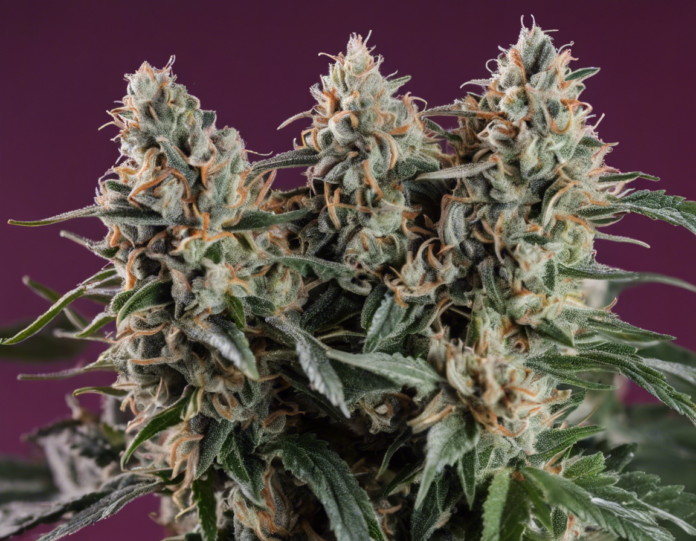Introduction
RSV Outbreaks and Strain Variants
Respiratory syncytial virus (RSV) is a common virus that affects the respiratory system, particularly in young children and older adults. RSV strain Rs54 has been identified as a variant of the virus that has caused concerns due to its potential for increased severity of illness. Managing RSV strain Rs54 requires specific strategies to reduce the spread of the virus and provide appropriate care for those affected. In this comprehensive guide, we will explore tips and advice on how to effectively manage RSV strain Rs54.
Understanding RSV Strain Rs54
RSV strain Rs54 is a variant of the respiratory syncytial virus that has been associated with more severe symptoms and a higher risk of complications. This particular strain has been identified through genetic sequencing and is characterized by specific mutations that differentiate it from other RSV strains. The increased severity of illness associated with RSV strain Rs54 underscores the importance of taking proactive measures to manage and control its spread.
Tips for Managing RSV Strain Rs54
-
Maintain Good Hygiene Practices: One of the most effective ways to prevent the spread of RSV strain Rs54 is to practice good hygiene. Encourage frequent handwashing with soap and water, especially before eating or touching the face.
-
Avoid Close Contact with Infected Individuals: RSV is highly contagious, and close contact with infected individuals can increase the risk of transmission. It is essential to limit exposure to those who are sick with RSV strain Rs54 and to avoid sharing personal items with them.
-
Clean and Disinfect Frequently-Touched Surfaces: Surfaces such as doorknobs, countertops, and toys can harbor RSV particles and contribute to the spread of the virus. Regularly clean and disinfect these surfaces to reduce the risk of contamination.
-
Practice Respiratory Etiquette: Covering the mouth and nose with a tissue or the elbow when coughing or sneezing can help prevent the spread of respiratory droplets containing RSV. Encourage individuals with symptoms to wear a mask to reduce the risk of transmission.
-
Promote Good Ventilation: Adequate ventilation can help reduce the concentration of RSV particles in indoor spaces. Open windows, use fans, and ensure proper air circulation in shared spaces to minimize the risk of exposure.
-
Monitor Symptoms Closely: Individuals who develop symptoms of RSV strain Rs54, such as cough, fever, and difficulty breathing, should seek medical attention promptly. Early diagnosis and management can help prevent complications and improve outcomes.
-
Follow Healthcare Guidelines: Healthcare providers should follow established guidelines for the diagnosis and management of RSV strain Rs54. Proper testing, treatment, and infection control measures are essential to containing the spread of the virus.
Advice for High-Risk Individuals
-
Infants and Young Children: Infants and young children are particularly vulnerable to severe RSV infections. Parents and caregivers should take extra precautions to protect this age group, such as avoiding crowded places and ensuring good hand hygiene.
-
Older Adults and Individuals with Underlying Conditions: Older adults and individuals with underlying health conditions are also at higher risk of complications from RSV strain Rs54. It is essential for this group to follow preventive measures and seek prompt medical attention if symptoms develop.
-
Pregnant Women: Pregnant women should take precautions to reduce the risk of RSV infection, as it can pose a risk to both the mother and the developing fetus. Consult with a healthcare provider for personalized recommendations on staying safe during RSV outbreaks.
FAQs (Frequently Asked Questions)
1. What are the common symptoms of RSV strain Rs54?
– Common symptoms of RSV strain Rs54 include cough, fever, runny nose, difficulty breathing, and wheezing.
2. How is RSV strain Rs54 diagnosed?
– RSV strain Rs54 can be diagnosed through laboratory testing, such as a nasal swab or a respiratory sample analysis.
3. Is there a specific treatment for RSV strain Rs54?
– Treatment for RSV strain Rs54 is mainly supportive, focusing on managing symptoms and preventing complications. Antiviral medications may be prescribed in some cases.
4. Can RSV strain Rs54 be prevented with a vaccine?
– Currently, there is no specific vaccine available to prevent RSV strain Rs54. However, practicing good hygiene and following preventive measures can help reduce the risk of infection.
5. How long does it take to recover from RSV strain Rs54?
– The recovery time from RSV strain Rs54 can vary depending on the individual’s health status and the presence of any underlying conditions. In general, most people recover within 1-2 weeks.
Conclusion
Managing RSV strain Rs54 requires a coordinated effort to prevent transmission, provide appropriate care, and protect vulnerable populations. By following good hygiene practices, avoiding close contact with infected individuals, and seeking medical attention when needed, the impact of RSV strain Rs54 can be minimized. Stay informed about the latest guidelines and recommendations from healthcare authorities to effectively manage RSV outbreaks and protect the health of the community.


